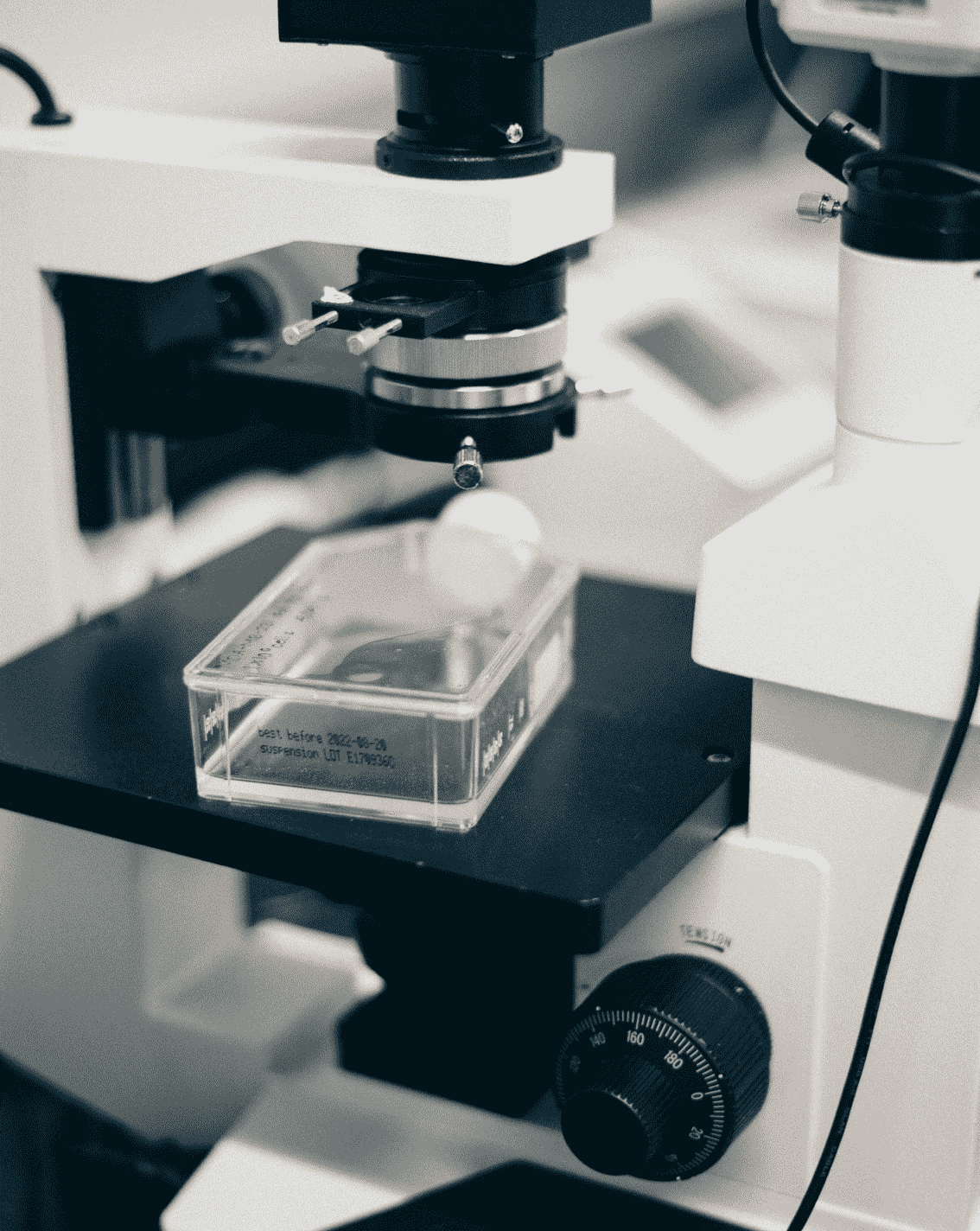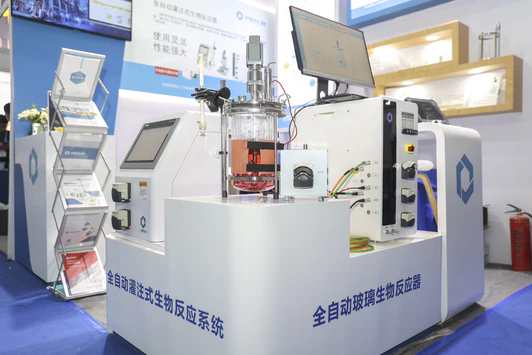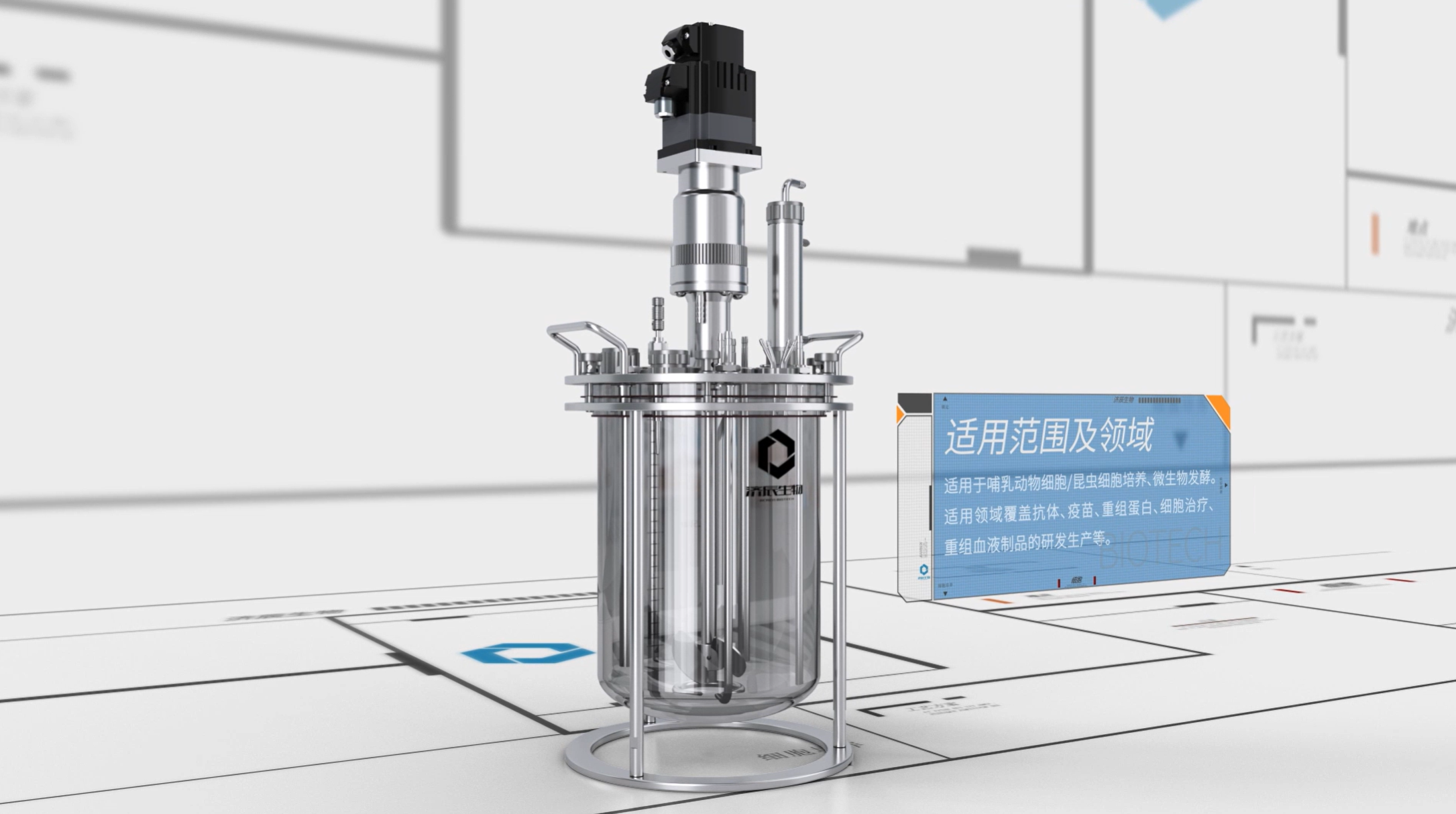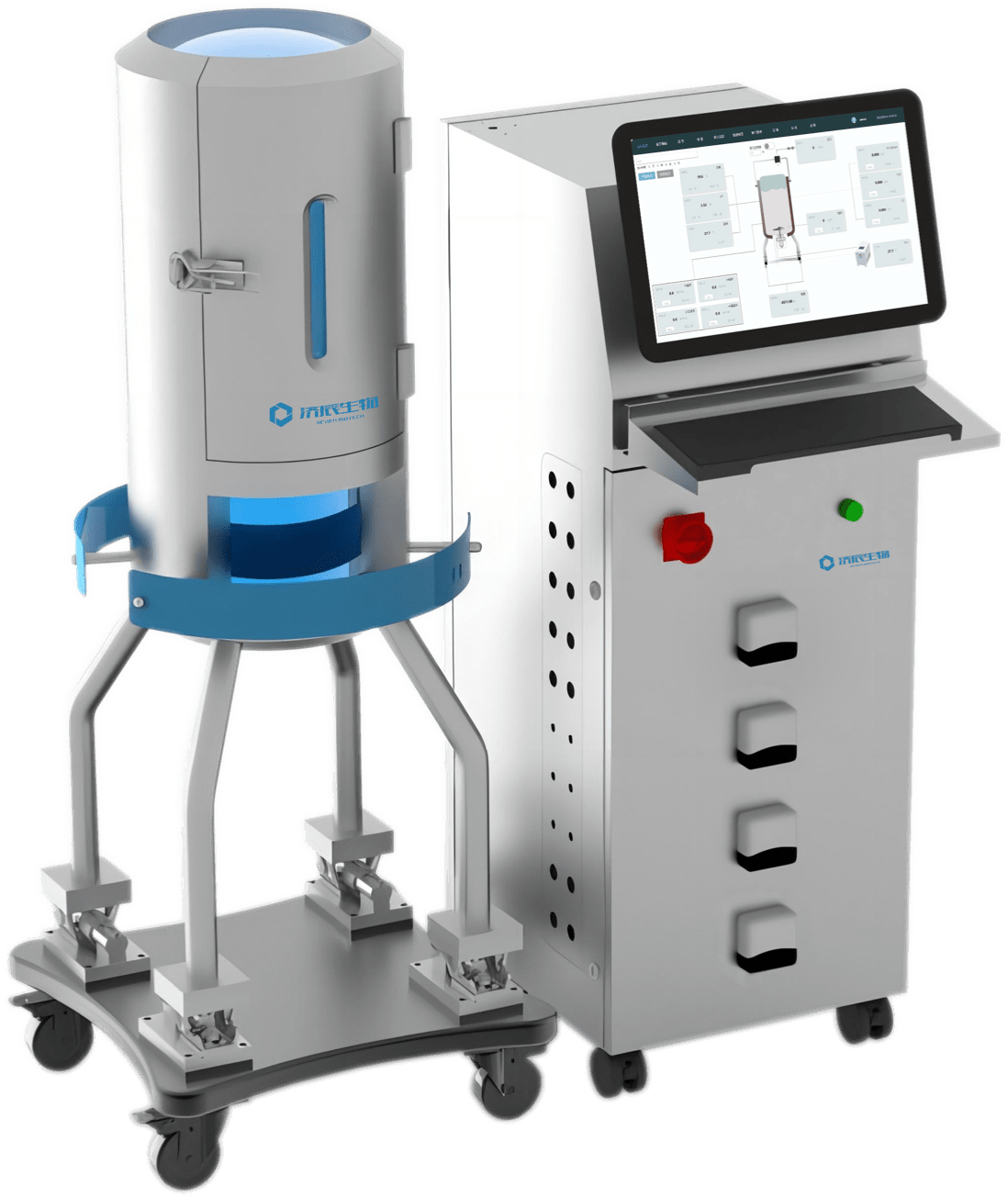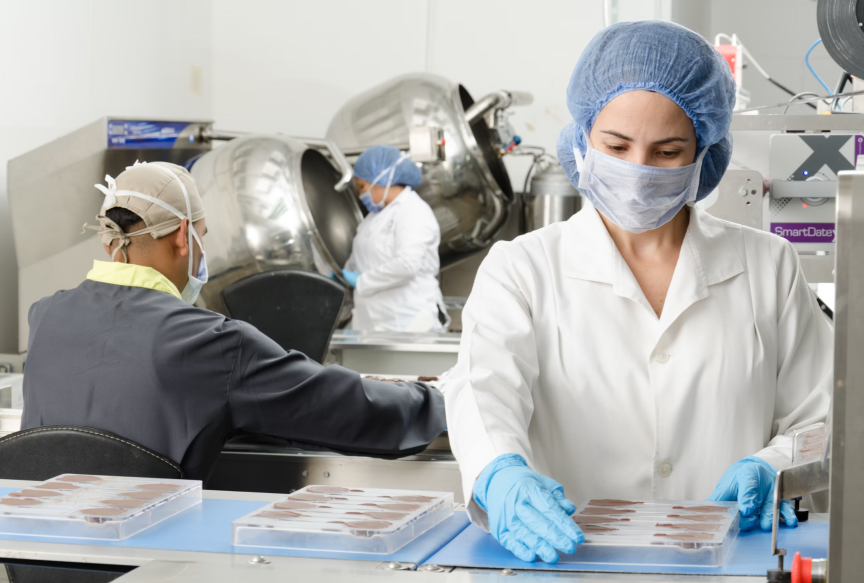Fermentation systems, as an important part of the field of bioengineering, play a crucial role in bioprocess quality control. This paper elaborates on the principle, classification, key parameter control and application in actual production of fermentation system, aiming to provide theoretical basis and technical support for bioprocess quality control.
Biological fermentation It is a process in which microorganisms utilize organic substances for growth, reproduction and metabolism under anaerobic or microaerobic conditions. In recent years, with the development of bioengineering technology, fermentation technology has been widely used in medicine, food, environmental protection and other fields. The stability and controllability of fermentation systems directly affect the quality control of biological processes. Therefore, it is of great significance to study the application of fermentation systems in bioprocess quality control.
Principles and classifications of fermentation systems
- Principles of fermentation
The fermentation process mainly consists of three phases: growth, reproduction and metabolism of microorganisms. In the fermentation process, microorganisms convert organic substances into target products through enzymatic reactions. The fermentation system realizes the stable production of target products by controlling the growth environment of microorganisms.
- Classification of fermentation systems
Based on the type of metabolism of microorganisms in the process of fermentation, the fermentation systems can be classified into the following categories:
(1) Alcoholic fermentation systems: with the microorganisms represented by yeast convert sugars into alcohol and carbon dioxide under anaerobic conditions.
(2) Acid fermentation system: microorganisms represented by lactic acid bacteria convert sugars into lactic acid under anaerobic conditions.
(3) Amino acid fermentation system: microorganisms represented by Corynebacterium glutamicum convert sugars into amino acids under microaerobic conditions.
(4) Antibiotic fermentation system: microorganisms represented by Penicillium spp. produce antibiotics under microaerobic conditions.
Control of key parameters of the fermentation system
- Temperature control
Temperature is an important factor affecting microbial growth and metabolism. During fermentation, the temperature should be controlled according to the appropriate growth temperature of different microorganisms. In general, the fermentation temperature is controlled within the range of 30-37°C.
- pH control
pH has a significant effect on microbial growth and metabolism. During the fermentation process, the pH should be kept within the appropriate range by adjusting the acidity and alkalinity. Different microorganisms have different requirements for pH value, which is generally controlled between 5-8.
- Dissolved oxygen control
Dissolved oxygen is a key factor for microbial growth and metabolism during fermentation. The dissolved oxygen concentration in the fermenter should be controlled according to the oxygen demand of microorganisms by means of adjusting the stirring speed and ventilation.
- Nutrient control
The microorganisms have different nutrient requirements during fermentation. Nutrients such as carbon source, nitrogen source, vitamins, minerals and other nutrients should be reasonably allocated according to the synthesis pathway of the target product.
Applications of fermentation systems in bioprocess quality control
- Applications in pharmaceuticals
Fermentation systems have a wide range of applications in biopharmaceutical processes such as antibiotics, vaccines, enzymes, and so on. By optimizing the fermentation conditions, the yield and purity of the target product can be improved to ensure the quality of the drug.
- Applications in the field of food
Fermentation technology is of great significance in the production of food such as soy sauce, vinegar, yogurt, and so on. By controlling the fermentation process, the taste, flavor and nutritional value of food can be ensured.
- Applications in the field of environmental protection
Fermentation technology has a significant advantage in the treatment of wastewater and the resourceization of organic waste. By regulating the fermentation system, it can improve the effect of pollutant treatment and reduce environmental pollution.
Fermentation systems play an important role in bioprocess quality control. Through the study of fermentation principle, classification, key parameter control and practical application, it helps to improve the quality control level of bioprocesses and provide technical support for the development of China's bioengineering industry. In the future work, further optimization of fermentation system, reduction of production cost and improvement of product quality will be the key to the development of fermentation technology.
